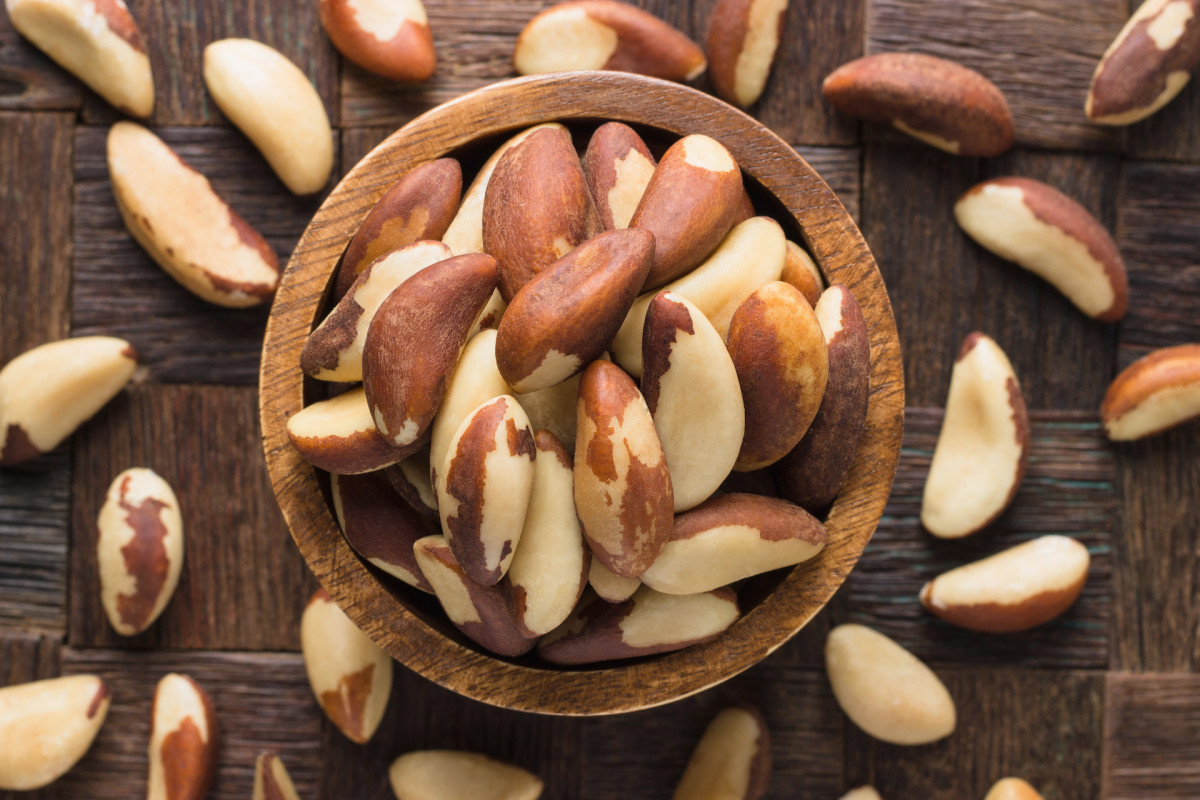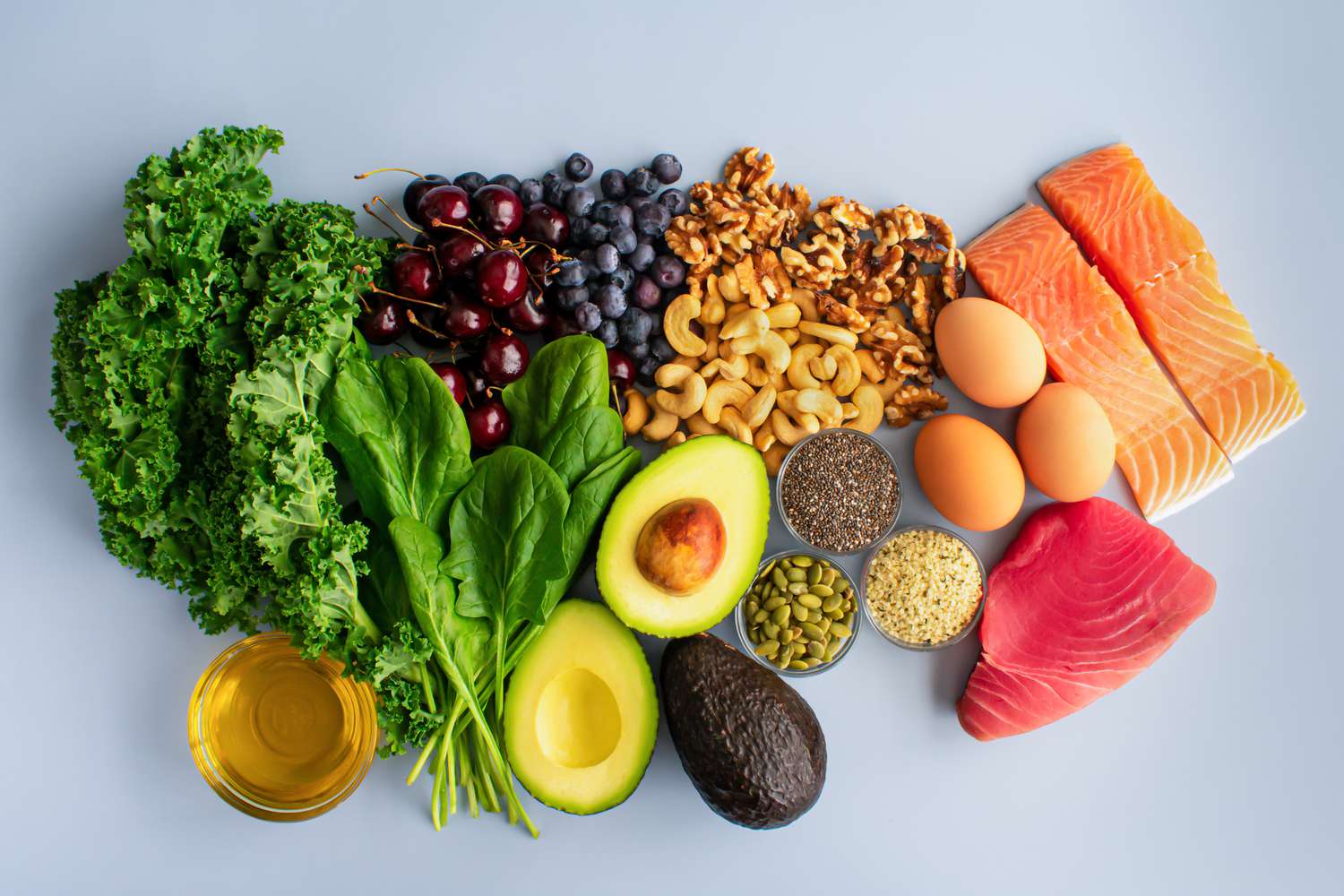How to Support Your Thyroid Health Through Nutrition
If you have been diagnosed with an underactive thyroid, also known as hypothyroidism, you may be wondering how your diet can support your thyroid health. While there is no specific “thyroid diet,” making certain dietary choices can help support your thyroid function and overall well-being. Here are some tips on how to eat for an underactive thyroid:
1. Focus on Nutrient-Dense Foods
Nutrient-dense foods provide essential vitamins and minerals that are important for thyroid function. Include plenty of fruits, vegetables, lean proteins, and whole grains in your diet. These foods are rich in vitamins A, D, and B12, as well as minerals like iodine, selenium, and zinc, which are crucial for thyroid health.
2. Incorporate Iodine-Rich Foods
Iodine is a key nutrient for thyroid function as it is used to produce thyroid hormones. Include iodine-rich foods such as seafood, seaweed, dairy products, and iodized salt in your diet. However, it’s important not to consume excessive amounts of iodine, as this can also negatively impact thyroid function.
3. Limit Goitrogenic Foods
Goitrogens are substances that can interfere with thyroid function when consumed in large amounts. While cooking can help reduce their impact, it’s best to limit your intake of goitrogenic foods such as cruciferous vegetables (broccoli, cabbage, Brussels sprouts), soy products, and millet. These foods can be enjoyed in moderation, but it’s best not to consume them in large quantities, especially if they are raw.
4. Ensure Adequate Protein Intake
Protein is essential for supporting thyroid function and metabolism. Include lean sources of protein such as chicken, turkey, fish, tofu, and legumes in your meals. Protein also helps with satiety and can support weight management, which is important for individuals with hypothyroidism.
5. Monitor Your Gluten Intake
Some individuals with hypothyroidism may benefit from reducing or eliminating gluten from their diet. Research suggests that there may be a link between gluten sensitivity and autoimmune thyroid conditions. If you suspect gluten may be affecting your thyroid health, consider discussing this with a healthcare professional and exploring a gluten-free diet.
6. Stay Hydrated
Hydration is important for overall health and can also support thyroid function. Drink an adequate amount of water throughout the day to help your body maintain optimal function, including the thyroid gland.
7. Consider Selenium and Zinc
Selenium and zinc are important minerals for thyroid health. Including foods rich in these nutrients such as Brazil nuts, sunflower seeds, eggs, and legumes can help support your thyroid function. However, it’s important not to exceed the recommended intake for these minerals, as excessive amounts can also be harmful.
8. Be Mindful of Your Macronutrient Balance
Balancing your intake of carbohydrates, proteins, and fats is important for overall health and can also support thyroid function. Aim to include healthy fats from sources such as avocado, nuts, and olive oil, as well as complex carbohydrates from whole grains, fruits, and vegetables in your diet.
Remember, while these dietary tips can support your thyroid health, it’s important to work with a healthcare professional, such as a registered dietitian or a doctor, to create a personalized nutrition plan that meets your individual needs. Additionally, maintaining a healthy lifestyle that includes regular physical activity, stress management, and adequate sleep is also important for supporting overall thyroid health.
By making informed dietary choices and prioritizing your overall well-being, you can support your thyroid health and feel your best.











